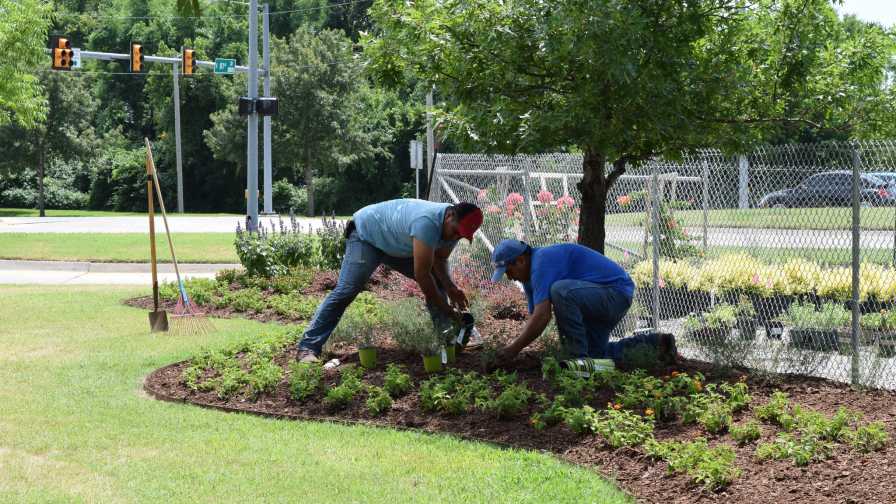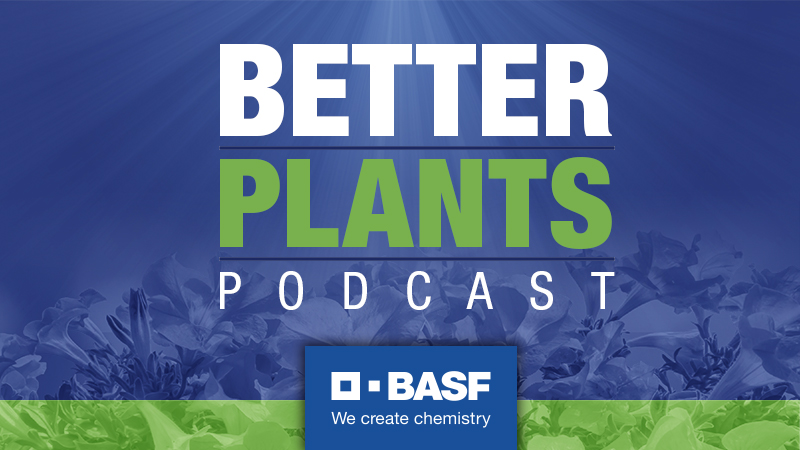How New Shared Labor Expertise Will Benefit H-2A Employers
 In late July, we reported on the merger between másLabor, a leading provider of comprehensive services for employers participating in the H-2A and H-2B non-immigrant visa programs, and AgWorks H2, LLC, a Georgia-based H-2A and H-2B consulting firm that ranks among the nation’s top providers.
In late July, we reported on the merger between másLabor, a leading provider of comprehensive services for employers participating in the H-2A and H-2B non-immigrant visa programs, and AgWorks H2, LLC, a Georgia-based H-2A and H-2B consulting firm that ranks among the nation’s top providers.
Greenhouse Grower recently caught up with the team at másLabor to learn more about what the two companies joining forces means for current clients, as well as prospective H-2A and H-2B users.
Greenhouse Grower (GG): How will the growers másLabor currently works with be affected by this announcement?
másLabor: Existing másLabor clients can expect the same best-in-class service they’ve always received. The primary benefit from the merger is bringing into the fold the AgWorks team, which collectively has decades of H-2A program experience and is nationally renowned for its subject matter expertise. This starts with the founder and current president, Dan Bremer, who started AgWorks after a successful career as a District Director for the U.S. Department of Labor Wage and Hour Division. In his time at AgWorks, Bremer has cultivated a compliance-oriented culture, and we cannot be more excited to bring together the H-2A program’s best and brightest.
Growers working with másLabor will only benefit from the deeper experience of a bench of experts on all things H-2A. AgWorks has been around slightly longer than másLabor, and processes some of the highest worker volumes in the country in H-2A. Additionally, given the number of cases AgWorks does, in addition to másLabor, there truly is nothing we haven’t seen. This merger only increases that broad market exposure, which gives us unique expertise to weigh in on policy and strategize with growers on how to set them up for success.
GG: What are the benefits and/or differences that each brings to the table in this partnership?
másLabor: As a leading compliance expert, the AgWorks team builds on másLabor’s already formidable team of experts, giving clients access to unparalleled support and program guidance. In turn, joining with másLabor will give AgWorks clients access to new service offerings and streamlined processes that cut through the red tape and give growers the tools they need to navigate the complex web of government regulations. This includes access to másLabor’s proprietary “H-2A Wiki”, the industry’s most comprehensive online H-2A compliance library, available exclusively to másLabor and AgWorks clients.
másLabor brings domestic referral services, industry-changing audit defense services, a client wiki on H-2A, and access to other visa programs, such as TN, EB-3, and H-2B services (the largest in the country). AgWorks brings strong housing consultation capabilities, Southeast U.S. expertise, and hyper compliant-focused service.
Both organizations working closer will allow us to better invest in technology, systems, training, and client offerings.
GG: Are you seeing different or patterns in how growers in certain markets (greenhouse, fruits, vegetables) are using the H-2A program?
masLabor: Specifically for the green industry, we’ve seen an increase in what we call the crossover strategy, with folks using both programs simultaneously. So we’ve seen a huge shift in landscapers, for example, who have started to build and open some of their own growing operations to allow themselves to participate in the H-2A program. The reliability of having that labor come in and help on the growing operation allows them to better utilize their domestic worker.
With this crossover approach, the H-2A program also allows you to fill a one-time need on the farm, such as building greenhouses. So, for first-time users, this could be a huge benefit to getting started with their growing operation. (H-2A workers can do any work activity on the farm, as long as it is “in support of, or incident to” the growing operation.)
The benefit of our two companies’ diversity in experience and subject matter expertise allows us to focus on program differences such as trucking/hauling, cross-pollination, and occupational variety (e.g. supervisors, packers/processors, field workers, ag equip/mechanics), as well as helping growers understand the nuances between each program.









